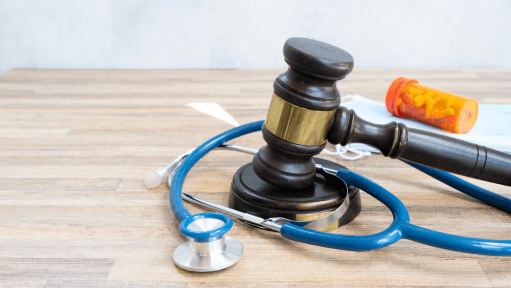
Medical Law and Licensing Medicines in the UAE and GCC: Ensuring Quality Healthcare
Navigating Regulatory Frameworks for Safe and Effective Pharmaceutical Approvals
Medical Law and Licensing New Medicines in the UAE and GCC: A Comprehensive Overview
Medical law in the UAE and the Gulf Cooperation Council (GCC) region serves as a cornerstone for ensuring high-quality healthcare services. These regulations cover everything from patient rights and healthcare facility standards to the approval and distribution of pharmaceutical products and medical devices. With stringent rules in place, these frameworks are designed to safeguard public health and align with international best practices.
Medical Law in the UAE and GCC
The UAE has a robust legislative framework underpinned by a commitment to public health and safety. This framework, guided by entities like the Ministry of Health and Prevention (MOHAP), ensures compliance with global standards. Patients are protected through laws that regulate health facilities, medicines, and medical personnel, ensuring high-quality service delivery.
Similarly, GCC countries like Saudi Arabia, Oman, and Bahrain have developed their own healthcare regulations to promote patient safety and address the growing complexity of healthcare delivery. These laws harmonize regional healthcare policies and align with global benchmarks.
How to License New Medicines in the UAE
The UAE has a structured registration process for new pharmaceutical products to ensure safety, efficacy, and quality. The process includes:
- Eligibility Requirements:
Applicants must be licensed medical warehouses or have local representation within the UAE. - Application Submission:
Applications are submitted through the MOHAP portal, accompanied by a certificate of free sale or a Certificate of Pharmaceutical Product (CPP) issued in compliance with WHO guidelines. - Documentation:
Key documents include safety data, efficacy studies, and product quality certifications. All documents must be certified by relevant authorities and the UAE Embassy. - Fees:
Fees for registering a pharmaceutical product start at AED 7,000, with additional costs for analysis and pharmacovigilance. - Approval Process:
Once the application is reviewed and approved by MOHAP, the product is registered for sale and distribution in the UAE.
Licensing Medicines in GCC Countries
In the GCC, pharmaceutical companies can also utilize the Central Drug Registration (GCC-DR) system, which allows for a unified application across member states. This system simplifies the approval process and grants access to the regional market, fostering efficiency and reducing redundancies.
Key Considerations for Licensing
-
Data Exclusivity: Many GCC countries, including the UAE, enforce data exclusivity provisions to protect proprietary pharmaceutical data.
-
Patent Protections: Applicants must ensure that their product does not infringe on any active patents before applying for approval.
-
Local Representation: International companies must partner with a local agent or licensed warehouse for registration and distribution.
Conclusion
Navigating the regulatory landscape in the UAE and GCC requires strict adherence to legal and procedural requirements. The structured processes ensure that medicines introduced to the market meet the highest standards of safety and efficacy, ultimately protecting public health. By understanding these requirements, pharmaceutical companies can successfully bring new innovations to the region, contributing to the advancement of healthcare in the GCC.